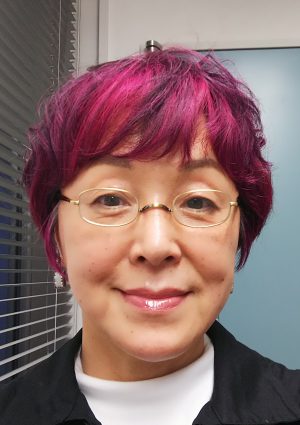 By Yuko Suda.
By Yuko Suda.
The fragmented legal framework of nonprofit organizations (NPOs) in Japan hinders their performance. Most NPOs were established under the system implemented soon after the Second World War. These NPOs are categorized into six groups and regulated by different laws: foundations, charitable corporations, religious organizations, schools, medical corporations and social-welfare corporations. These conventional NPOs are usually large and highly professionalized, as they undertake complementary roles to those of the government in exchange for financial stability. A new NPO system was introduced in 1998, enabling small- to medium-sized grassroots organizations to be incorporated as specified-activity NPOs. These NPOs work and advocate for social change while suffering from financial instability. Such inconsistencies among NPOs regarding their resources, standpoints, values and norms impede their collective ability to affect society.
The Japanese NPOs have also struggled to maintain their sectoral independence and autonomy. Citizens are less inclined to support private NPOs through donations because they assume that the government best represents and serves public interests. This phenomenon, combined with strict regulations imposed on NPOs’ activities, drives NPOs to focus on routinized service-provision based on governmental contracts.
Possible paths
Practitioners and academicians in related areas have advocated for deregulation and the introduction of a comprehensive tax-exemption system, and have even proposed a reform scheme for the entire NPO system. However, change is slow.
The government is increasing opportunities for the specified-activity NPOs to receive contracts for service provision. Will these new types of NPOs eventually be incorporated into the governmental system, similar to conventional NPOs? Meanwhile, a significant portion of the specified-activity NPOs aggressively cultivate business incomes, creating another concern around their excessive commercialization.
The future of NPOs seems be intertwined with that of the country. The Japanese economy is weakening, while the birth rate is decreasing, and population is aging. The dysfunctionalities of existing institutional systems have been highlighted by the COVID-19 pandemic. The Japanese public suffers not from insufficient consensus, but rather from insufficient platforms for individual citizens to constructively share their experiences and thoughts. NPOs are in a position to promote public discourse, by cultivating their advocacy functions. This will resuscitate and enable them to contribute to the opening of a new horizon for this country.
Yuko Suda is a Professor in the Department of Sociology, Toyo University, Japan. (Photo of Tokyo street is courtesy of Pema Lama and Unsplash.)
Click for next story in the Asia-Australia policy series.
Sign up for PANL Perspectives' free, monthly newsletter
Friday, May 14, 2021 in Asia-Australia
Share: Twitter, Facebook



